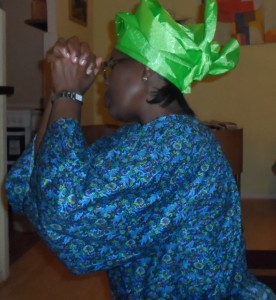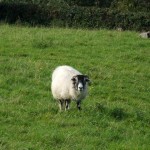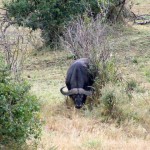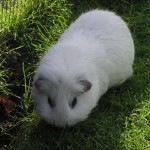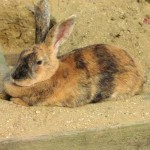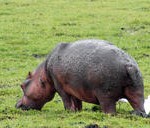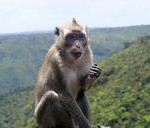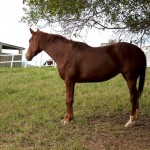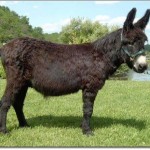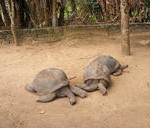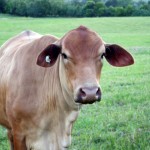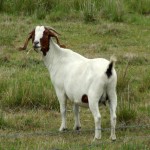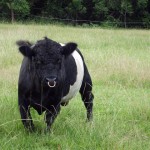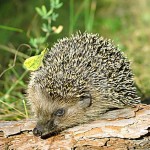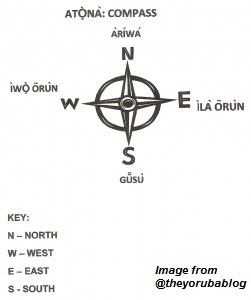Ni ọjọ́ Ẹti, ọjọ́ karun ti a ti bẹ̀rẹ̀ ilé-iwé ni ọ̀sẹ̀, inú mi ma ń dùn nitori ilé-iwé ti pari ni agogo kan ọ̀sán, ti ìsimi bẹ̀rẹ̀.
Mo fẹ́ràn ìsimi ipari ọ̀sẹ̀ nitori mo ma nri àwọn òbí mi. Lati ọjọ́ Ajé titi dé ọjọ́ Ẹti, mi o ki ri ìyá àti bàbá mi nitori súnkẹrẹ-fàkẹrẹ ọkọ̀ ni Èkó, wọn yio ti jade ni ilé ni kùtùkùtù òwúrọ̀ ki n tó ji, wọn yio pẹ́ wọlé lẹhin ti mo bá ti sùn.
Mo tún fẹ́ràn ìsimi ipari ọ̀sẹ̀ nitori mo ma ńsùn pẹ́, mo tún ma a ńri àyè wo eré lori amóhùn-máwòrán. Ni àkókò ilé-iwé, mo ni lati ji ni agogo mẹfa òwúrọ̀ lati múra fún ọkọ̀ ilé-iwé ti yio gbé mi ni agogo meje òwúrọ̀. Ṣùgbọ́n ní igbà ìsimi ipari ọ̀sẹ̀, mo lè sùn di agogo mẹjọ òwúrọ̀. Ni ọjọ́ Àbámẹ́ta, ìyá mi ma nṣe oriṣiriṣi oúnjẹ ti ó dùn, mo tún ma njẹun púpọ̀. Ni ọjọ́ Àikú (ọjọ́ ìsimi) bàbá mi ma ngbé wa lọ si ilé-ìjọ́sìn, lẹhin isin, a ma nlọ ki bàbá àti ìyá àgbà. Bàbá àti ìyá àgbà dára púpọ̀.
Ni ọjọ́ Àikú ti ìsimi ti fẹ́ pari, inú mi ki i dùn nigbati òbí mi bá sọ wi pé mo ni lati tètè sùn lati palẹ̀mọ́ fún ilé-iwé ti ó bẹ̀rẹ̀ ni ọjọ́ Ajé.
ENGLISH LANGUAGE
On Friday the fifth day of schooling, I am always very happy because school closes at one o’clock in the afternoon when the weekend begins.
I love the weekend break because I get to see my parents. From Monday to Friday, I do not get to see my mother/mummy and father/daddy because in order to beat the Lagos traffic, they leave home for work before I wake up and return very late when I am asleep.
I also love the weekend break because I get to sleep longer and watch television too. During the school day, I wake up at six o’clock in the morning to get ready for the school bus that picks me up at seven o’clock in the morning. But during the weekend, I get to sleep till eight o’clock in the morning. Mummy cooks different types of meal on Saturday and I get to eat more. On Sunday, Daddy drives us to Church and after Church, we go to visit my grandparent. Grandpa and grandma are very nice.
I am not usually happy when I am told by my parent to go to bed early on Sunday in order to get ready for school on Monday.
Originally posted 2018-07-06 01:10:04. Republished by Blog Post Promoter
